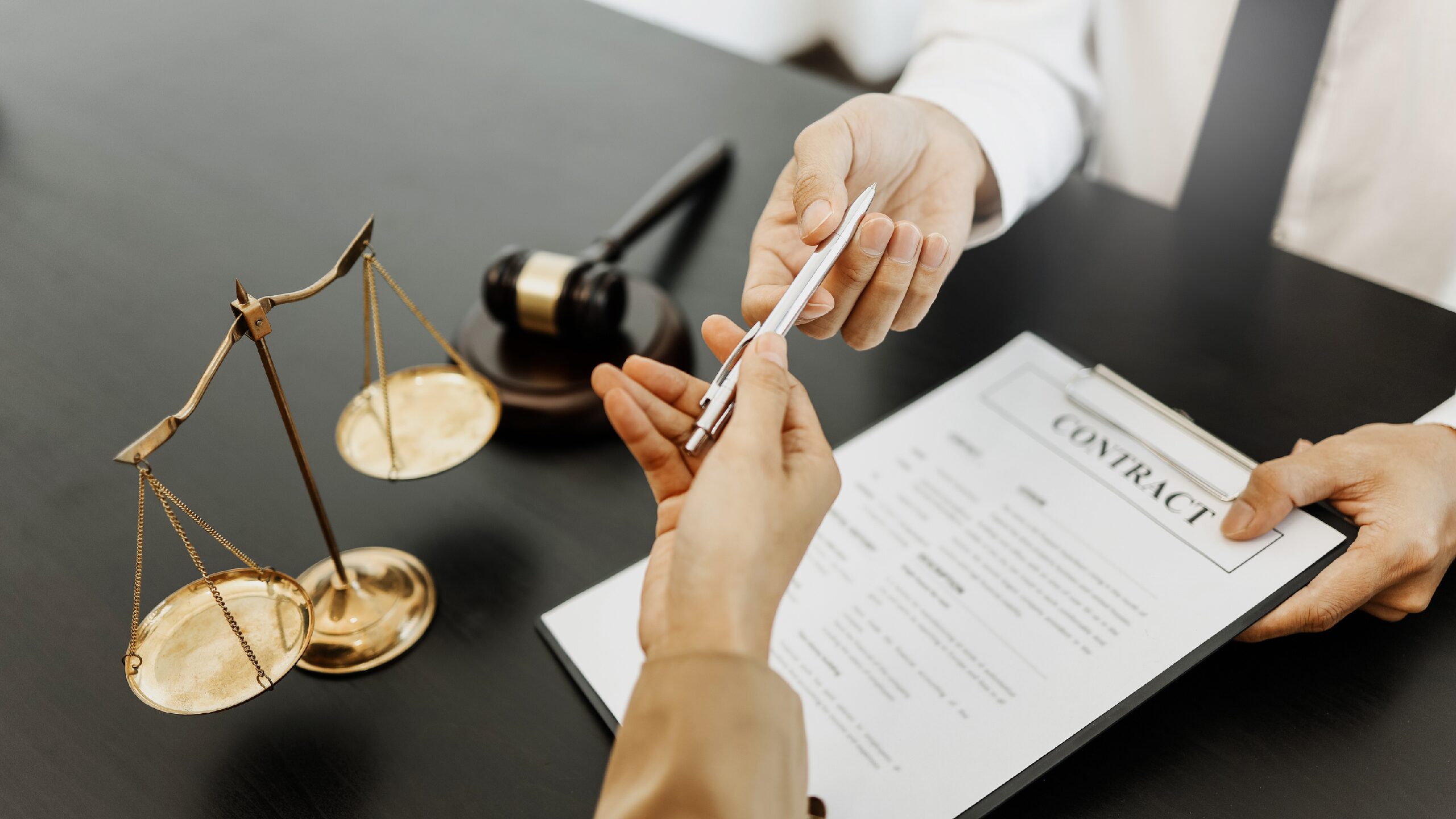What is the VAT reverse charge for construction services?
What is it?
New VAT rules for building contractors and sub-contractors came into effect on 1 March 2021. The new rules make the supply of most construction services between construction or building businesses subject to the domestic reverse charge. The reverse charge only applies to supplies of specified construction services to other businesses in the construction sector.
What has changed?
When a VAT-registered business supplies construction services to another VAT-registered construction business, they will now be required to issue a VAT invoice saying that the service is subject to the domestic reverse charge, but no VAT will be added to the invoice.
Importantly, instead of paying VAT to the supplier, the recipient must now show the VAT due on its VAT return. The recipient can then recover the VAT as input tax.
How will I know if my business is eligible?
You can check when you must use the VAT reverse charge for building and construction services here.
HMRC’s guidance states that you must use the reverse charge for the following services:
- Constructing, altering, repairing, extending, demolishing or dismantling buildings or structures (whether permanent or not), including offshore installation services
- Constructing, altering, repairing, extending, demolishing of any works forming, or planned to form, part of the land, including (in particular) walls, roadworks, power lines, electronic communications equipment, aircraft runways, railways, inland waterways, docks and harbours, pipelines, reservoirs, water mains, wells, sewers, industrial plant and installations for purposes of land drainage, coast protection or defence
- Installing heating, lighting, air-conditioning, ventilation, power supply, drainage, sanitation, water supply or fire protection systems in any building or structure
- Internal cleaning of buildings and structures, so far as carried out in the course of their construction, alteration, repair, extension or restoration
- Painting or decorating the inside or the external surfaces of any building or structure
- Services which form an integral part of, or are part of the preparation or completion of the services described above – including site clearance, earth-moving, excavation, tunnelling and boring, laying of foundations, erection of scaffolding, site restoration, landscaping and the provision of roadways and other access works
What does this mean?
This means that for these specified supplies, sub-contractors no longer add VAT to their supplies to most building customers, instead, the contractors are obliged to pay the deemed output VAT on behalf of their registered sub-contractor suppliers.
This is known as the Domestic Reverse Charge. On the same VAT return, contractors can claim back the deemed input tax on the supply subject to the usual rules.
What does my business need to do?
- Select which jobs for VAT-registered companies will fall under the VAT reverse charge from 1 March 2021
- Written confirmation from customers their VAT and CIS status an whether they are end clients
- Review and update accounting procedures
- Calculate the loss of cash flow and review payment terms
- Move to monthly VAT returns
- If you fall under the VAT reverse charge, come off the Cash Accounting Scheme
- If you’re on the flat-rate scheme, check that it is still right for your business
- Consider asking suppliers to purchase materials on jobs covered by the VAT reverse charge to lower your exposure to VAT payments
Do you still need advice?
Here at Farnell Clarke, we can help you with any questions or queries you may have – don’t hesitate to get in touch with us today. You can also see our ‘accountants for construction’ page here.


